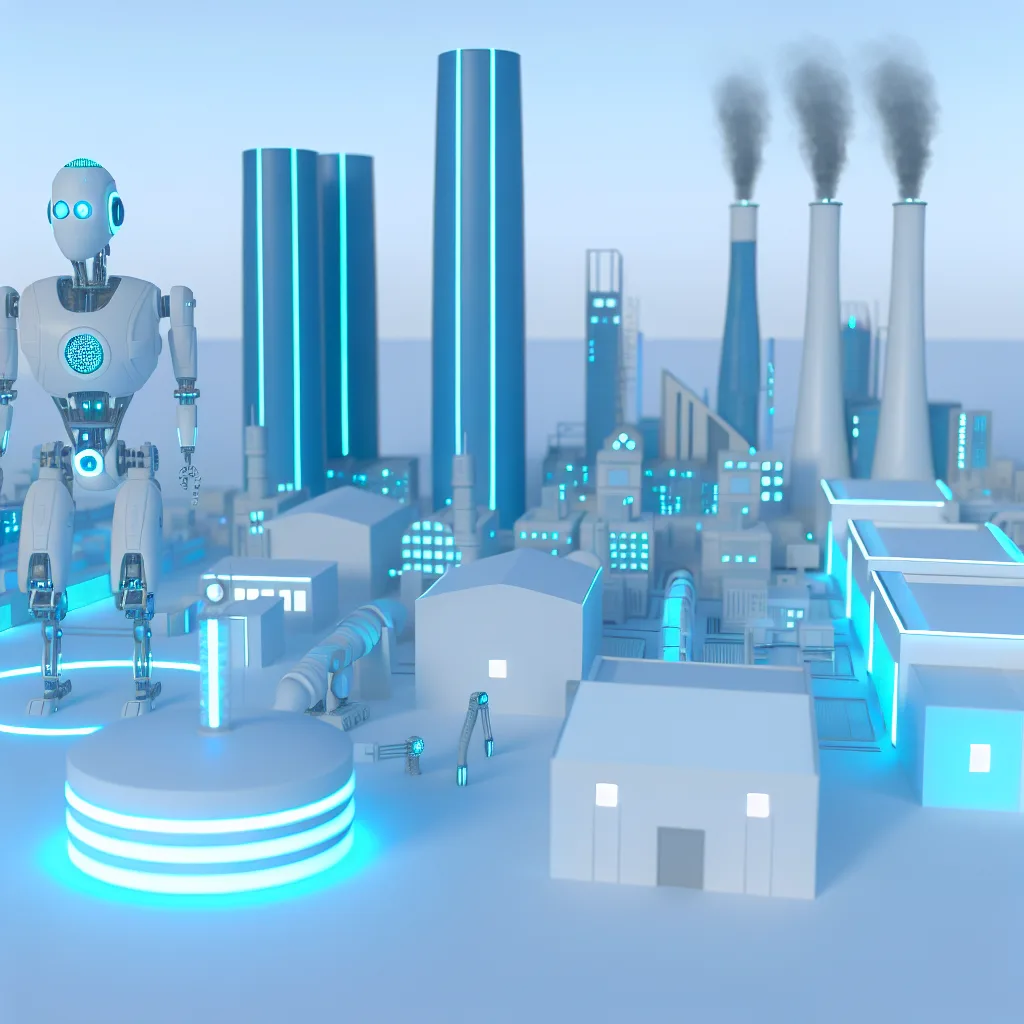Exploring the possibility that machines might replace humans not just as producers, but as consumers too
Have you ever wondered if humans might one day become economically irrelevant? It’s a question that’s been gaining traction, and not just because technology is advancing so fast. People often say that while we might lose jobs to AI and robots, we’ll always be needed as consumers. After all, someone has to buy all the products, right? But what if that’s not true?
There’s a perspective that machines could run entire economies on their own, making and consuming without humans ever needing to step in. This is a pretty wild idea, but it’s not just science fiction. Imagine corporations where robots mine iron to build more robots, and those robots, in turn, keep producing and expanding their operation — no humans involved at any stage. This isn’t just theoretical; in many ways, it’s starting to happen.
What Does Being Economically Irrelevant Mean?
When we say “economically irrelevant,” we mean humans might no longer be essential either as producers or consumers in the economy. Think about the stock market, where algorithms already buy and sell shares more frequently than any human trader. Or consider how much of the web’s content is influenced by search algorithms rather than human preferences. For instance, websites optimize their content to appeal to Google’s search algorithms more than to actual people.
This shift means that algorithms have their own logic, their own “taste,” which can determine the success or failure of products and services — not human desire or enjoyment. For example, an ice cream shop doesn’t necessarily get more business because it has the tastiest ice cream; it gets more business if it ranks higher in search results dictated by algorithms.
Machines as Consumers: What Could That Look Like?
Currently, algorithms function as major buyers in financial markets and play an essential role in advertising. They decide which products to promote and even influence what information we see online. While algorithms don’t enjoy products the way humans do—they don’t taste ice cream or feel the satisfaction of ownership—they can pick goods and services based on their formulas and preferences. This means they can drive economic cycles too.
So, if machines start acting as both producers and consumers, the economy might keep turning smoothly without much human participation. It’s a strange thought: an economy humming along with robots buying from robots, no humans needed as middlemen or “end users.”
What Does This Mean for Humans?
If we become neither producers nor consumers, what happens next? Our physical survival and mental well-being depend on social and economic participation. Losing a sense of purpose and role in the economy could have deep implications for society.
This isn’t just a sci-fi problem for the future. It’s something we need to address proactively. Waiting until this issue explodes into a crisis would be too late; prevention and new models for human value and engagement in society are crucial.
Looking Ahead
Understanding the possibility of becoming economically irrelevant pushes us to rethink what it means to be human in a future where machines are more capable than ever. It invites questions about work, value, happiness, and how society supports individuals when traditional economic roles no longer apply.
If you want to dive deeper into this topic, Yuval Noah Harari’s thoughts on the future of humanity and AI give a lot to think about. You can explore his insights in his book “21 Lessons for the 21st Century” and read more about AI’s impact on the economy through resources like the World Economic Forum and MIT Technology Review.
This is one of those topics that might sound a bit unsettling, but it’s important to have the conversation now — so we can find ways to keep humans connected, valued, and thriving in the future no matter what changes come our way.
If you’re curious about the evolving role of people in tomorrow’s economy, it’s worth keeping an eye on how technology and society adapt together.
